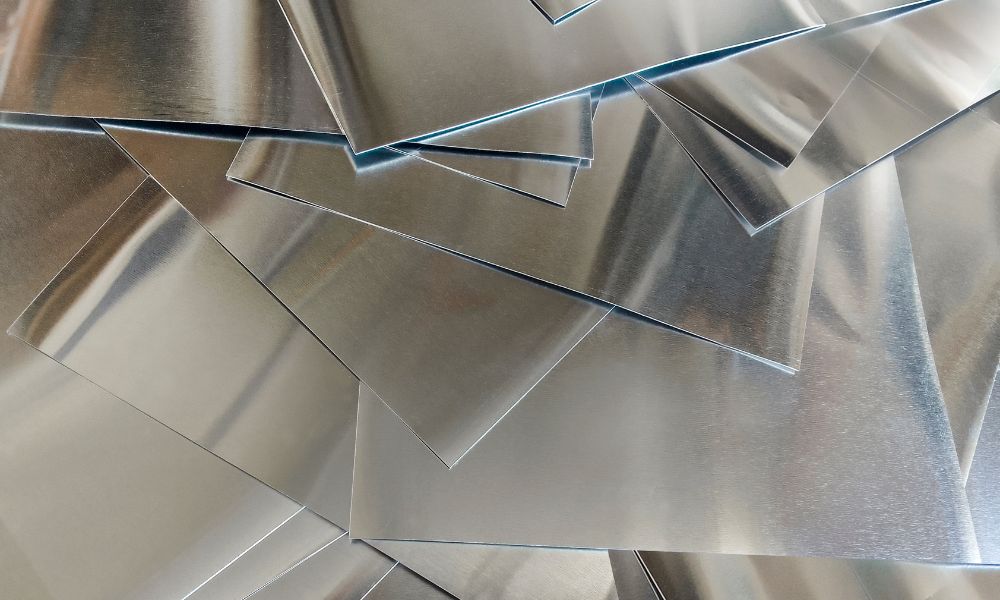When To Choose Aluminum Over Stainless Steel

Aluminum and stainless steel are the most widely utilized metals in manufacturing. The metals are workhorses thanks to their versatility and longevity. But there are specific situations where one of the metals is better. For this instance, let us explain when to choose aluminum over stainless steel.
Lightweight & Strong
Both stainless steel and aluminum are durable; however, steel is generally stronger than aluminum. Where aluminum gets the edge over steel is that it has a better strength-to-weight ratio, making it the ideal choice when you need something durable but lightweight.
You’ll often see aluminum used for aircraft or high-rise buildings. Most city skylines have towering structures because of aluminum, while sports stadiums with retractable roofs have the precious metal to thank for making it a reality.
Malleability
Because of its adaptability and pliability, we can contour aluminum in various ways. It’s malleable to almost any form without compromising its hardness or rigidity. Yet, the process does not form a fracture or weakness plane.
A loss of elasticity means it does not return to its original form after bending or stretching it. It’s important to note that aluminum maintains its malleability at room temperature. Only when it feels excess heat will it soften and become more flexible.
Colder Temperatures
In contrast to most types of steel, aluminum retains its malleability even when chilled. Yet aluminum improves in strength, ductility, and toughness as it ages. Consider this when making material choices for metal components with very low temperatures. Because of aluminum’s resiliency in frigid temperatures, it is abundant for those ships traveling through the Arctic.
Rust-Free
Aluminum’s best feature is that it is corrosion-resistant without any additional care. Simply put, aluminum doesn’t rust. You won’t have to worry about paint or coatings chipping or wearing off with metal. To prevent rust and corrosion, you must coat and treat steel, particularly if the steel item is in a wet or abrasive setting.
Conductivity
Aluminum has the reputation of being an excellent electrical conductor. Although aluminum has a lower conductivity than other metals, it is far more efficient at transmitting an electrical current. Long-distance power lines, high-voltage electricity transmission entry, and building wire feeders all employ aluminum. And without aluminum, many of us wouldn’t have 200+ channels to watch since it is prominent in satellite dishes.
Learning when to choose aluminum over stainless steel can make a huge difference in the various fields we use the metals. Thin Metal Sales can be your dependable aluminum sheet metal supplier. For five decades, Thin Metal Sales has supplied the highest-quality cut-to-length sheet metals across the country, so let us be there for you and your sheet metal needs.


